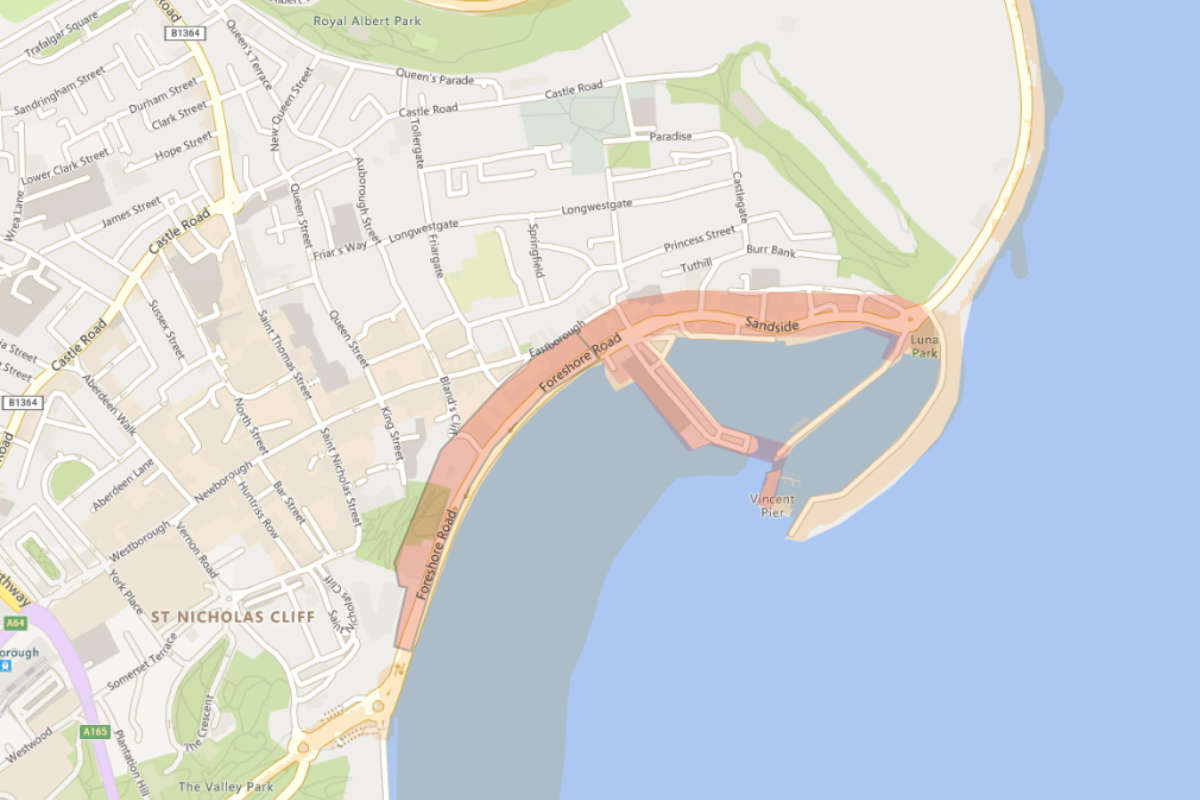
The outcomes of a recent inspection into Special Educational Needs and Disabilities (SEND) services across the East Riding Local Area Partnership have been published, revealing a deeply mixed picture for local families.
While inspectors from Ofsted and the Care Quality Commission (CQC) acknowledged commitment from leaders and notable areas of success, the overall finding was that arrangements lead to inconsistent experiences and outcomes for children and young people with SEND.
The inspection, which took place over three weeks in September 2025, found that experiences and outcomes for children with SEND were inconsistent, and the views of parents, carers, and children themselves were mixed. The partnership, jointly run by the East Riding of Yorkshire Council and the NHS Humber and North Yorkshire Integrated Care Board (ICB), has been asked to work jointly to make improvements.
In the East Riding, there are 44,844 pupils attending East Riding schools, of which 5,848 (13%) were identified with SEN support. A further 3,900 pupils, aged 0-25, have an Education, Health and Care Plan (EHCP).
Strengths and Commitment Recognised
Inspectors found numerous strengths, underscoring the dedication of professionals in the area. Leaders across the partnership were praised for their commitment to improving outcomes. Critically, the inspection found that the lived experiences of families inform local decision-making, and children and young people with SEND actively have a voice in the local area.
Positive developments highlighted include the introduction of the Inclusion Panel, the ‘Futures+’ team supporting transition into adulthood, and the provision of Supported Internships. Furthermore, the timeliness of delivering Education, Health, and Care Plans (EHCPs) and SEN Support outcomes has improved.
The area benefits from strong advocacy, particularly from the active Parent Carer Forum (PCF), which works collaboratively to promote the voices of families. The SEND information, advice and support service provides "impactful, tailored support to families" navigating the complex system, despite rising demand and case complexity.
Long Waits for Vital Health Services
Despite these positive aspects, significant concerns were raised about delays in accessing essential healthcare. Children and young people are currently experiencing long waits for key health services.
The inspection highlighted that delays in assessment and intervention for Autism Spectrum Disorder (ASD) and Attention Deficit Hyperactivity Disorder (ADHD) are limiting access to medication and specialist input due to insufficient capacity. Similarly, children and young people are waiting too long for assessment and intervention in Speech and Language Therapy (SALT), as well as for Cognitive Behavioural Therapy (CBT) through children and adolescent mental health services, which affects their ability to engage in education and community life.
Delays in wheelchair services are also negatively impacting children with complex postural needs, limiting their ability to participate in school and the wider community.
Inconsistent Support and Capacity Gaps
The report says that the experience of having a Special Educational Needs (SEN) need in a mainstream school setting remains highly variable, with some families receiving inconsistent provision and outcomes. Some parents and carers report feeling frustrated and disengaged from the local area partnership, feeling they “must challenge the local area partnership to secure timely and appropriate support” for their child.
The quality and consistency of EHCPs are also variable. Some plans are incomplete, occasionally lacking necessary health and social care input, or failing to consistently embed preparation for adulthood planning.
Inspectors say that capacity issues remain a critical barrier to timely support concluding that the local area currently has an insufficient number of special school and Alternative Provision (AP) places. While sufficiency planning is underway, these existing gaps affect outcomes for children waiting for appropriate support. Additionally, the short break offer is limited, with restricted opportunities for children to develop social and independence skills, and access to residential overnight short break care is only available to children attending specific education settings.
Partnership Leaders Respond
In response to the findings, leaders acknowledged the need for further improvement.
Councillor Victoria Aitken, cabinet member for children, families and education, expressed satisfaction that the inspection recognised progress. She said:
“I am pleased that the inspection highlights progress has been made, and that particularly for SEN support in mainstream settings, we need to continue with the actions we have begun. We will continue to work hard to provide positive experiences for all of our children, young people and families.
“To provide some context to the challenges, East Riding joins the majority of partnerships that have also been inspected as inconsistent. There is a national crisis with insufficient funding and increasing needs. East Riding is one of the largest local authorities and receives the lowest funding for high needs out of 150 areas. While sufficiency challenges remain - particularly around special school and alternative provision places -it’s important to note that the inspection team recognised that the local area has done all it can within its gift to address these issues.
"We are committed to ensuring children, young people and their families are able to access the right support at the right time, to meet their expressed and assessed needs. Together with our health partners, our schools and our children and families, we will continue to improve outcomes and experiences of children with SEND."
Paula South, Director of Nursing for the NHS Humber and North Yorkshire Integrated Care Board, also welcomed the report. She stated:
“We welcome the findings of the inspection and are pleased the report recognises the commitment of all partners to improving outcomes for children and young people with SEND.
"Health services play a vital role in supporting families, and we acknowledge the areas where improvements are needed, particularly around waiting times for key services.
"We are working closely with our partners to address these challenges and ensure that children and young people receive timely, high-quality care and support. Together, we remain committed to listening to families and making the changes that will make a real difference to their lives."
The local area partnership is required to update and publish its strategic plan based on the recommendations set out in the report, with the next full area SEND inspection expected within approximately three years. The partnership has been instructed to prioritise accelerating improvement plans to reduce waiting times for key therapies and assessments, enhance short break provision, and strengthen monitoring across education, health, and social care.




 Flood Warnings Issued For Scarborough's Sandside & Foreshore Road
Flood Warnings Issued For Scarborough's Sandside & Foreshore Road
 East Riding Council Facing "Tough Decisions" as New Operating Model Signals Looming Redundancies
East Riding Council Facing "Tough Decisions" as New Operating Model Signals Looming Redundancies
 Location for Scarborough's 400th Anniversary Sculpture Confirmed
Location for Scarborough's 400th Anniversary Sculpture Confirmed
 New Chief Exec for Yorkshire Air Ambulance
New Chief Exec for Yorkshire Air Ambulance
 Scarborough and Whitby MP Presses for Burniston Fracking Decision to be Delayed
Scarborough and Whitby MP Presses for Burniston Fracking Decision to be Delayed
 Pickering and Filey MP Criticises Government for ‘Unfair’ Rural Funding Settlement
Pickering and Filey MP Criticises Government for ‘Unfair’ Rural Funding Settlement
 East Riding to Introduce Weekly Food Waste Collections Amid Long-Term Funding Fears
East Riding to Introduce Weekly Food Waste Collections Amid Long-Term Funding Fears
 Eastfield Boxing Club Film to Get Scarborough Premiere
Eastfield Boxing Club Film to Get Scarborough Premiere
 Scarborough Athletic Stunned By Minnows in Senior Cup
Scarborough Athletic Stunned By Minnows in Senior Cup
 Whitby Town Again Hit By Second Half Slaughter
Whitby Town Again Hit By Second Half Slaughter
 Scarborough Café and Flat Plans Opposed by Town Councillors
Scarborough Café and Flat Plans Opposed by Town Councillors
 Bridlington Town Beaten Again Despite Improved Showing
Bridlington Town Beaten Again Despite Improved Showing








Comments
Add a comment